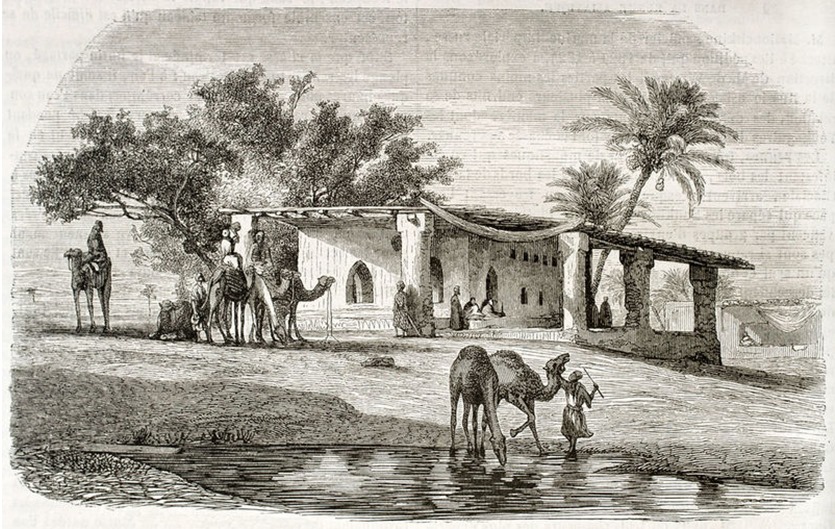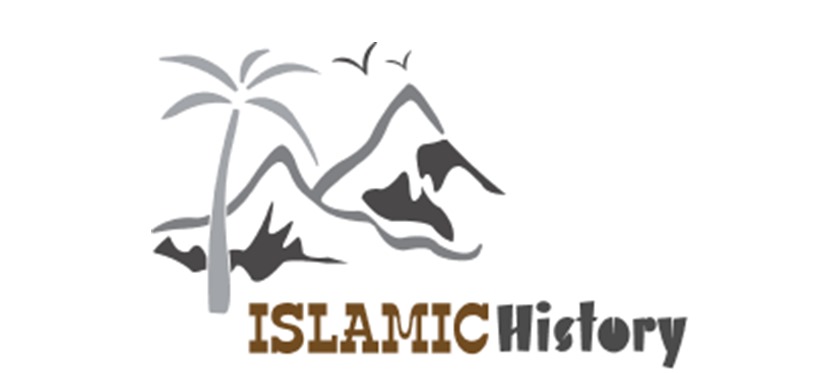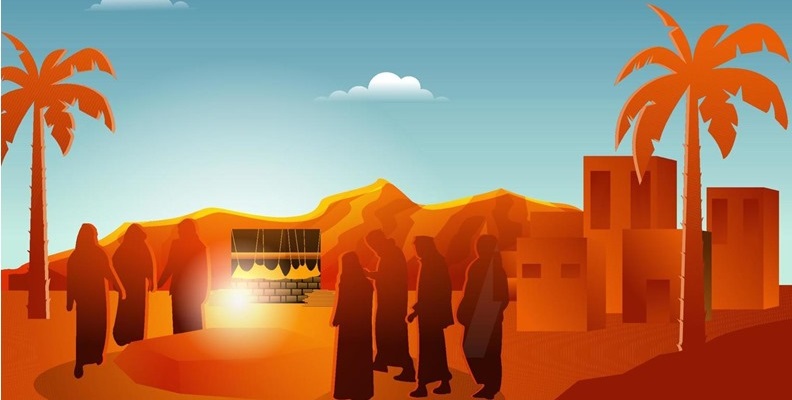
Just as we seek to learn all types of Courses, , we must also be interested in
learning islamic studies.The islamic studies curriculum is a broad term that includes a wide
range of branching topics such as Quranic studies, Hadith studies, Islamic law, Islamic
history, Islamic ethics and Islamic theology.
Therefore, the specific content of the islamic studies curriculum varies from one academy to
another depending on the branch of Islamic studies in which they specialize and the level of
education, whether it is a superficial education or a deep specialized education.

Islamic history
It’s one of islamic studies curriculum that study of the history of Islam from its origins and development through the ages to the present day. Islamic history is full of vast and complex events and stories.
About the Course
This comprehensive course is designed to provide an in-depth understanding of Islamic history, principles, and teachings with a focus on the Makki and Madni eras. This course aims to enrich the knowledge of students about the life of Prophet Muhammad (PBUH), the Quranic revelations, and the development of the early Muslim community.
Introduction

The Makki and Madni eras represent two distinct phases in the life of Prophet Muhammad (PBUH) and the early Islamic community. The Makki era, characterized by the Prophet's life in Makkah, focuses on the initial revelations and the struggles faced by the early Muslims. The Madni era, beginning with the Hijra (migration) to Madinah, highlights the establishment of the Muslim state and the implementation of Islamic laws. This course will cover the significant events, teachings, and lessons from these pivotal periods.
Course Objectives
- Historical Insight: To provide a detailed account of the Makki and Madni eras, focusing on the key events, challenges, and achievements.
- Quranic Teachings To study the Quranic revelations during these periods and their impact on the early Muslim community.
- Prophetic Biography: To understand the life of Prophet Muhammad (PBUH) and his role as a leader, guide, and statesman.
- Islamic Principles: explore the foundational principles of Islam established during these eras.
- Community Development: To analyze the growth and development of the Muslim community from a small group of believers to a well-structured society.
Course Outcomes
By the end of this course, students will:
- Understand the Historical Context: Gain a thorough understanding of the historical events of the Makki and Madni periods.
- Appreciate Quranic Revelations: Develop a deep appreciation for the Quranic revelations and their relevance to contemporary life.
- Learn from the Prophet's Life: Learn valuable lessons from the life of Prophet Muhammad (PBUH) and his exemplary character.
- Apply Islamic Teachings: able to apply the teachings of Islam in their personal and social lives.
- Contribute to the Community: Be equipped to contribute positively to their communities using the principles learned from this course.
What You Will Learn from this Course?
- Spiritual Growth: Adults will enhance their spiritual connection through a better understanding of the Quran and the Prophet's teachings.
- Moral and Ethical Guidance: Learn the moral and ethical guidelines provided by Islam, which are crucial for personal development and social harmony.
- Leadership and Community Building: Gain insights into leadership qualities and community building from the Prophet’s example.
- Conflict Resolution: Islamic approaches to conflict resolution and peacemaking.
- Practical Application: Learn to apply Islamic principles in everyday life, including family, work, and community interactions.
Course Content
- Introduction to the Makki Era
- The life of Prophet Muhammad (PBUH) before Prophethood.
- The first revelation and the early converts.
- The challenges and persecution in Makkah.
- Key events and their significance.


